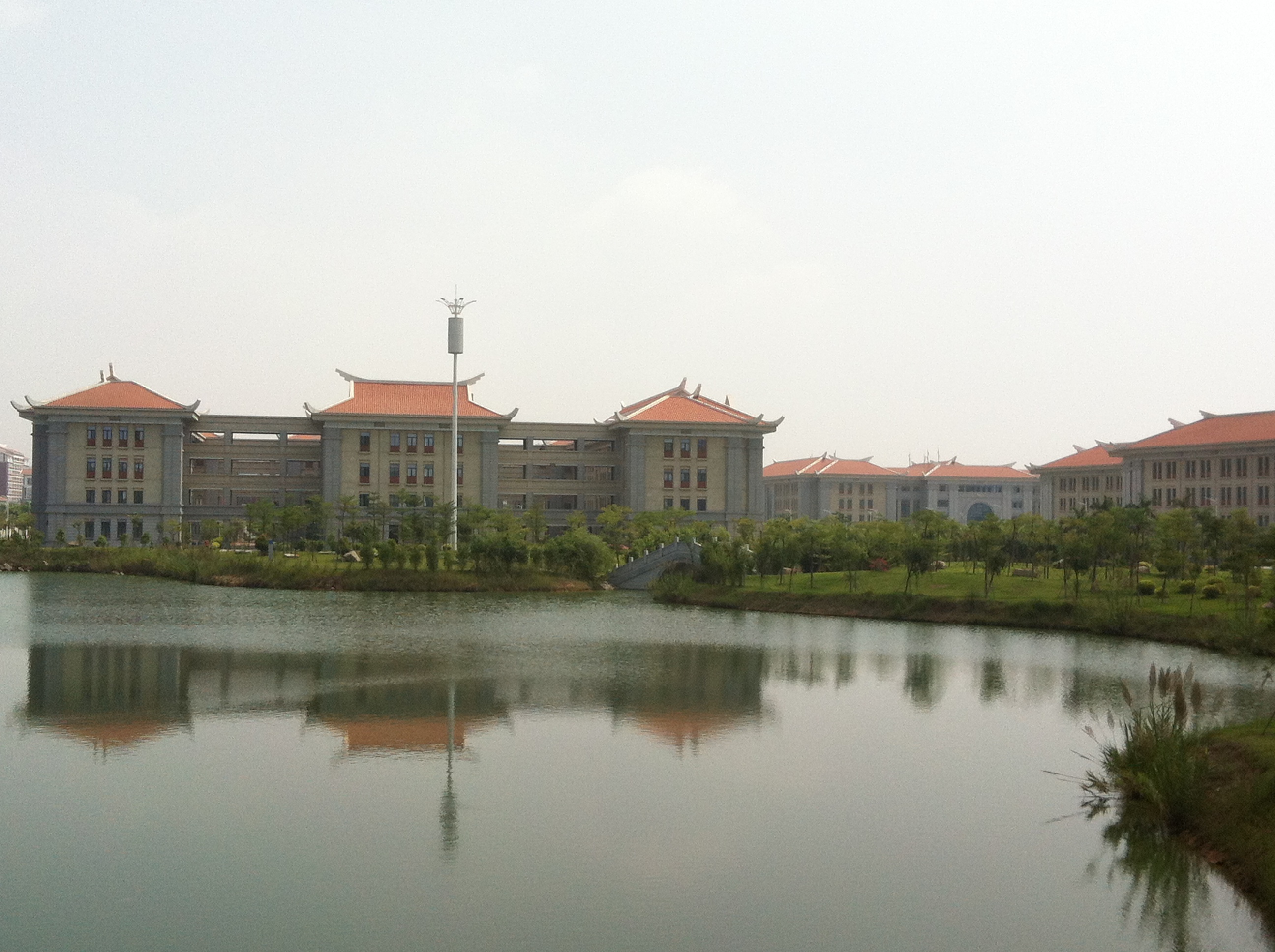Jani at Xiamen University, China (Part I)
Arriving in Xiamen:

I arrived in Xiamen on Saturday the 12th of September 2015. The campus is about a 40 minutes drive from the airport by taxi and costs about 100 Yuan. I did not need to say much to the taxi driver because I showed him the campus map that was given to us by the PGIO office before departure, so he knew exactly where I wanted to go. I arrived at the campus around 11:30 in die morning. The rest of the afternoon was spent standing in a long queue in order to register, which was quite tiring, especially after a 23 hour flight. If you arrive before the given registration date you are responsible for your own accommodation.

Registration:
During the registration proses students receive their room keys and student e-cards. The e-card is your identity card and also the card that you will use to load money on to buy food, water and electricity. Students also receive an envelope containing the schedule for the following few days and a booklet about the campus, which I found very useful. After registration, we were allowed to go to our rooms and got to meet our new roommates. There were no arranged events on the Sunday so students had the opportunity to rest and get familiar with the campus. The following 3 days, the university provided busses for the students to go to the hospital to do their medical examinations (for those who did not do it in their home country), and to apply for their permanent study visas. The permanent study visa does not apply to exchange students who stay less than 6 months, which means that I did not have to apply for the permanent visa. I also did not need to do the medical examination because I already did it back home.
Placement Test:
All the Chinese language students had to write a placement test on the 3rd or 4th day of arrival. This involved a written examination and an oral test. No study material was provided because the host university’s intention is to test one’s general Chinese language knowledge. The test results were out the following day and students were assigned to classes that were suitable for their levels based on the results of the placement tests.
Class Attendance :

There are three different classes, 听力,口语 and 综合. All the classes are compulsory, and teachers check attendance before giving lectures. Those being late or absent or leaving early are recorded. A periodic attendance rate report is done every two weeks by the college executive board and those students with low attendance rates are brought under the teachers’ attention. If students are not able to attend class due to being ill they should ask for a leave from teachers and OEC student affair office. The main reason why attendance is so important is because those students with low attendance rates are not allowed to write the final examination of the course and those students with a very low attendance rate might be refused for further studies.
Mid-term and Final examination:
There is a mid-term examination during the 9/10th week upon your arrival, which accounts for 30% of the total scores of the course. The Final examination takes place during the 17th week (the week before departure). The result of the final examination accounts for 40% of the total scores of the course.
Studying Chinese in Stellenbosch and in Xiamen:
Studying Chinese at Stellenbosch University was very different to my experience here in Xiamen. I found that all the Chinese lectures at Stellenbosch University were extremely lenient with written homework and not very strict with class attendance. Lecturers would also try and accommodate all the students through teaching in both English and Chinese. Well, at Xiamen University it is just the opposite. Lecturers are very nice, friendly and helpful but much more strict. The course here at Xiamen is obviously more intense and requires daily preparation. The classes here at Xiamen are taught strictly in Chinese, which was quite difficult to adapt to in the beginning. Each class is an hour and a half, and each week one has between 16 to 23 hours Chinese class. All the hours spent inside and outside the class preparing and studying Chinese helped me to quickly become very confidant in speaking the language. My time spent at Xiamen University has made me want to know and learn more about the language, the culture and the people. I think China is a fascinating place with so much variety and flavors. I am not satisfied with knowing only half of it. Why stop here if there is so much more to know about this magical place.

